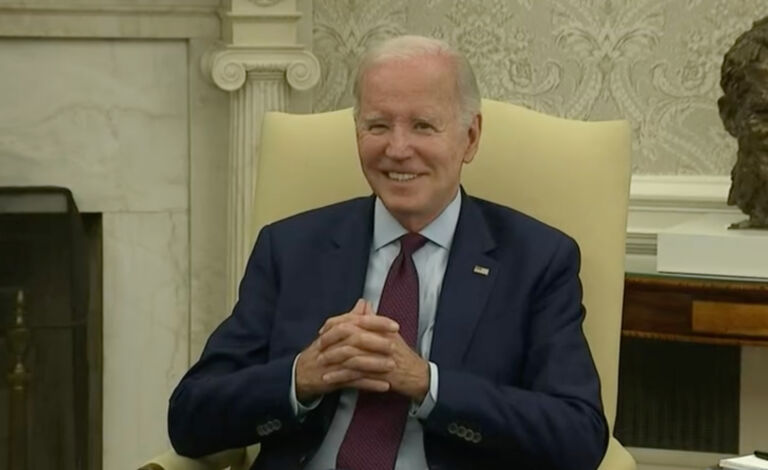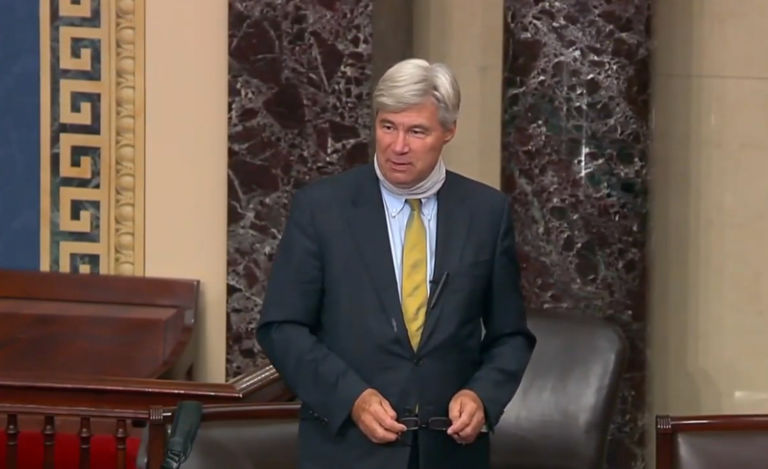Eugene Volokh offers a timely reminder not to be too quick to accuse our intellectual and political adversaries of hypocrisy:
Claims of hypocrisy [often] ignore the reality that many people sincerely and plausibly have different understandings of “freedom.”
No-one really thinks that everyone should be free to do whatever they please. To everyone, “freedom” means freedom to do those things that don’t sufficiently harm others (and often also means freedom from constraint imposed by particular actors, such as government using the threat of legal action, and not other actors, such as churches using moral or spiritual sanctions).
And that judgment necessarily requires making contested moral and pragmatic decisions:
What, as a moral matter, constitutes “harm”? For instance, does paying someone a low wage for their work count as harming them? How about discriminating against them in various transactions? Interfering with their business relations? Libeling them? Having sex with their spouses? Revealing information about them that they view as private?
What, as a practical matter, causes such “harm”? For instance, does legal private gun possession really cause more crime and injury than would be present if guns were prohibited?
When can avoiding some kinds of harm justify restrictions on people’s freedom? For instance, when can some behavior — e.g., the distribution of guns or alcohol — be properly restricted, for instance, when it is not itself harmful, but makes it possible for third parties to act harmfully?
Who counts as “others” who should be protected against “harm”? Fetuses? Animals?
Well-intentioned people can easily answer these questions differently than we would; and that they answer them differently doesn’t mean that they’re hypocrites. …
Caims of hypocrisy are more than just claims of honest error. They are claims that people are consciously pretending to be for freedom when they know they are actually against it — claims of dishonesty. …
Unsupported accusations of hypocrisy, as with all unsupported accusations that the other side is consciously dishonest or morally corrupt, are also destructive of helpful public debate.
They may energize one’s base, but they make it much harder to persuade people who are leaning toward the other side, and I suspect that they also alienate the middle as well. Instead of substantive discussion of how we should understand freedom, we get accusations of deception, accusations that don’t really advance understanding. I’d much rather see more arguments that recognize that they stem from honest disagreement and fewer claims that the other side is just a bunch of hypocrites.


